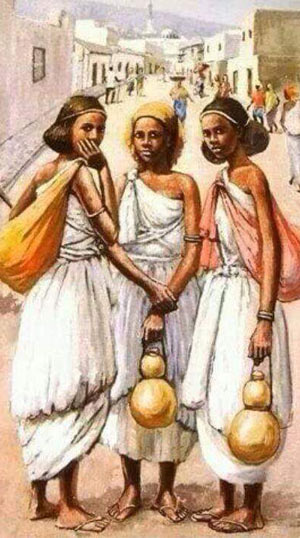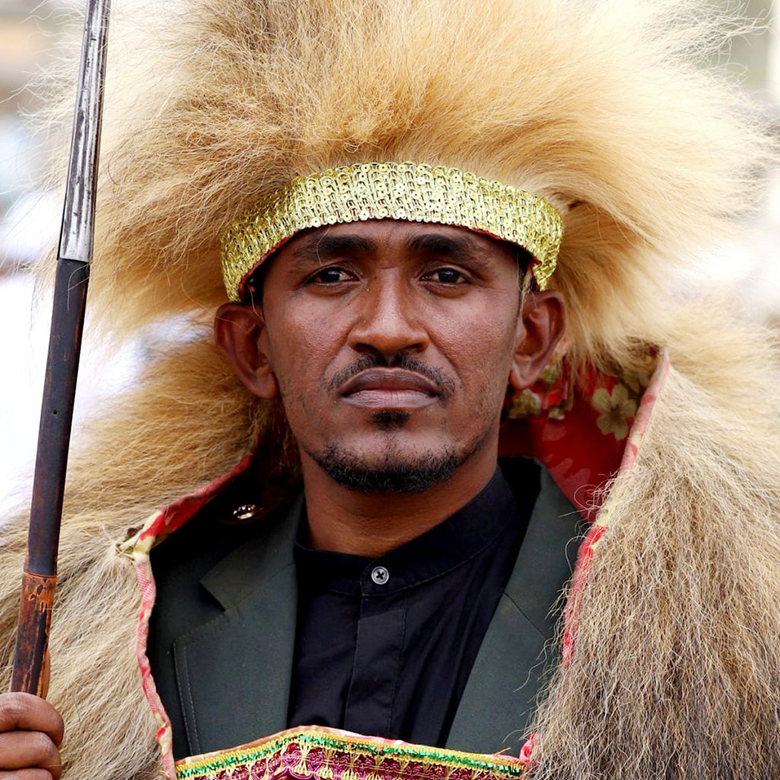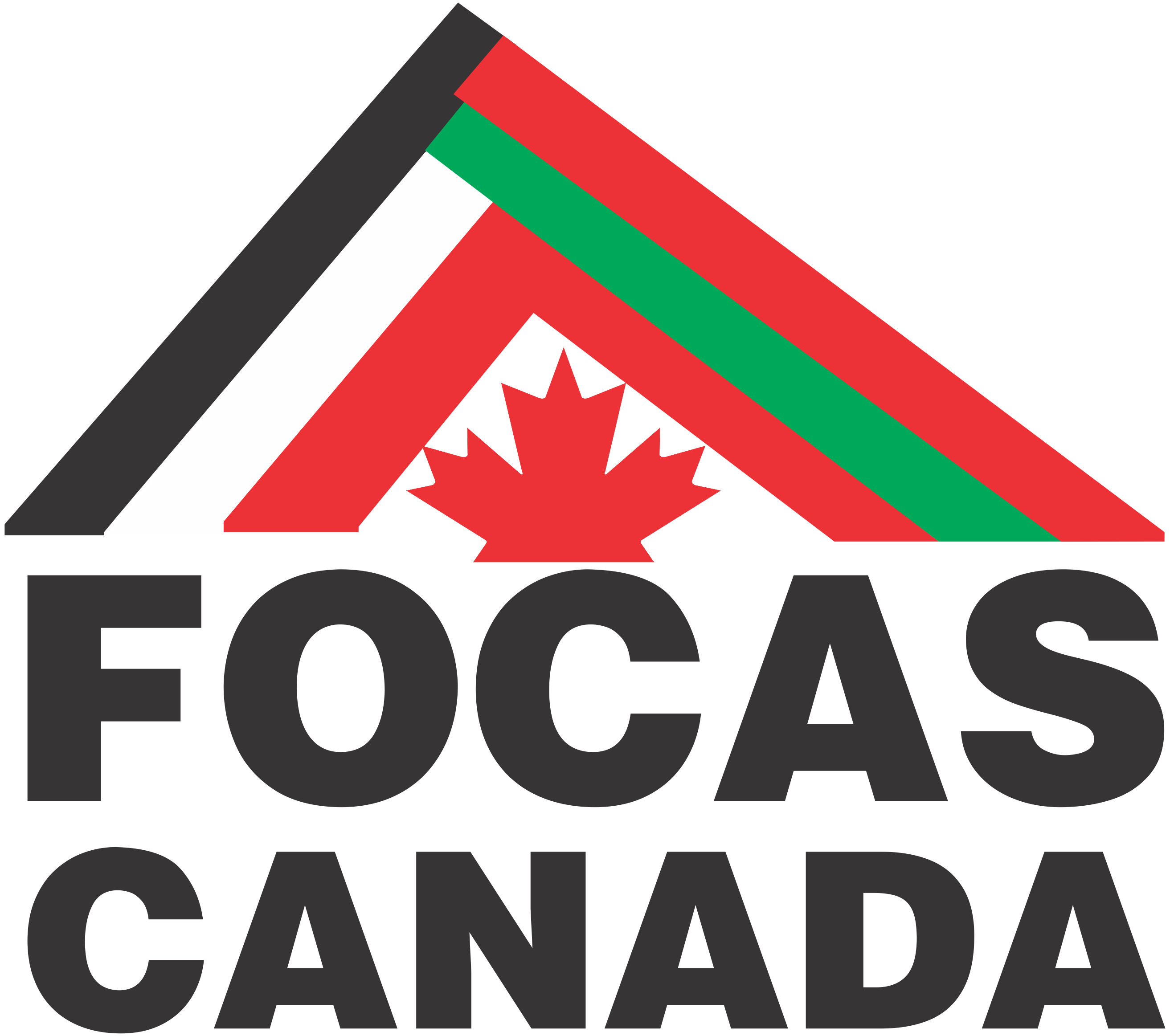
WHO WE ARE
Our stories starts with name Oromia. Oromia is an epicenter in Ethiopia where almost all nations and nationalities co-existed in peace and harmony for many centuries. The headquarter of African Union and the World Economic Forum offices are found in this region. This co-existence may be possible because of the Oromo culture of guddifacha (adoption) and Mogaafacha(naturalization) of non Oromos. This culture is similar to what we are now using in the western world as naturalization and bestowing citizenship to immigrants and refugees. In memory and appreciation of that great culture of multiculturalism and mutual coexistence, we named our organization the Foundation for Oromian Culture, Education and Art Services (FOCAS).
The People We Serve
Before They Came to Canada
Africa and the Middle East, where many of our clients come from, are war-ravaged regions. Many of our community members have experienced so much violence, destruction, and calamities. Many of our clients suffer from post-traumatic stress disorder. Furthermore, most of our community members came to Canada from refugee camps after persistent mental, emotional, and physical exhaustion. Many of them have resettled to urban centres in Canada, but they lived in rural regions in their homelands. The changes that accompany this transition is often jarring. We observe that many of our community members would benefit from traditional ways of healing the traumas of migration and displacement; adult literacy programs that are culturally sensitive; and language classes directed by their ethnolinguistic community; empowering working culture, economic and family management, computer and financial literacies, cross-cultural awareness, etc.

The First Nations

The Oromo
Cultural Aspect
Our community is proud of having a diverse culture and traditions that have been developed and preserved for many centuries. We believe some elements of this culture can contribute immensely to Albertan and Canadian multiculturalism. While our community likes to learn, adapt, and safeguard the existing culture of Alberta, we also look forward to having some opportunities that can accommodate the heritage and traditions we brought with us. FOCAS, during non-Covid restriction, was able to offer forums and opportunities for diverse communities to meet and greet each other.
We are continuing to look for opportunities to provide information about the culture of the communities we serve to interact with all of Alberta and Canadian culture as a whole. The indigenous community and other ethnic groups that make up the Canadian way of life are important to teach newcomers about what Canada is about. Many of the concepts here are also common to the Oromo peoples and this also creates another connection for us all.
Youth Education
We have a lot of accompanied and unaccompanied immigrant youth in our community. Most of them fled their homeland before having the chance to finish high school, while some others were amid their college and university studies before fleeing into exile. Financial stress, peer pressure, and lack of credential recognition are some of the reasons highlighted by our youth to illustrate why they struggle to continue their formal education in Canada. Consequently, many are destined to work at low paying jobs and some may be driven into the informal economy.



